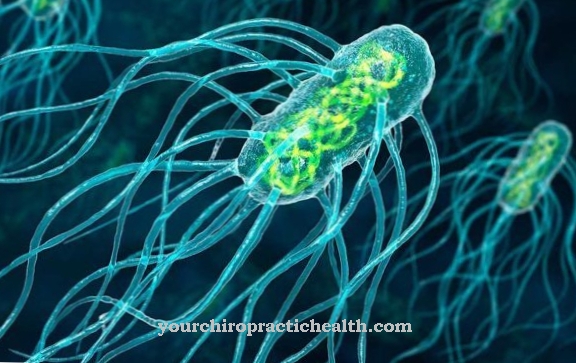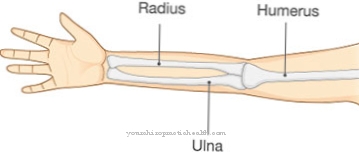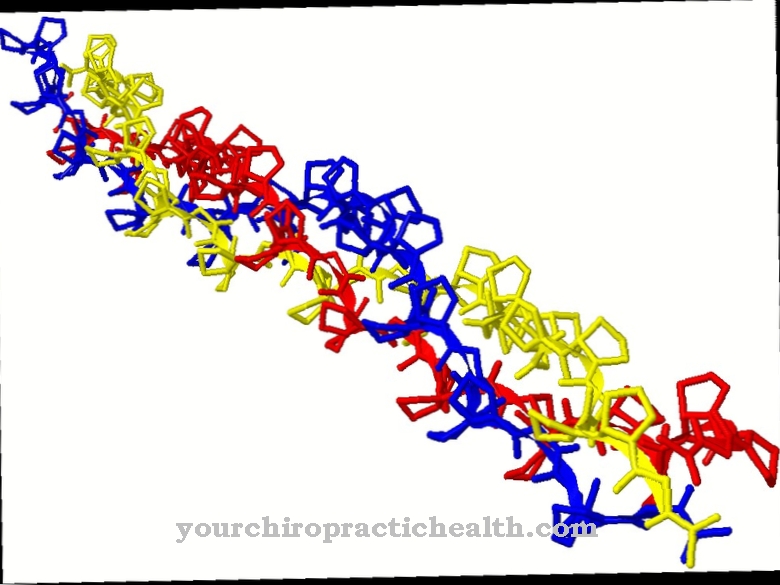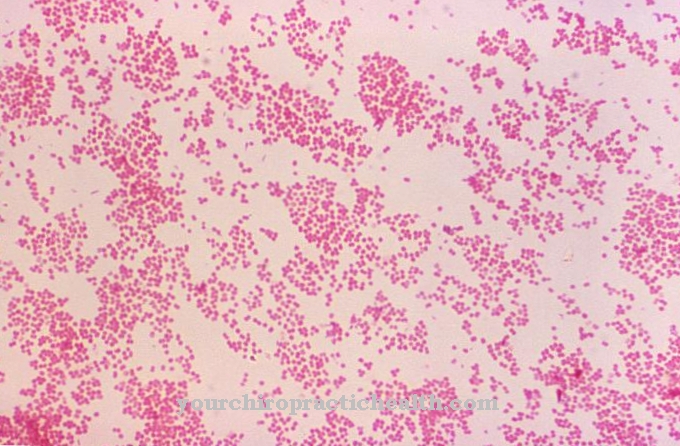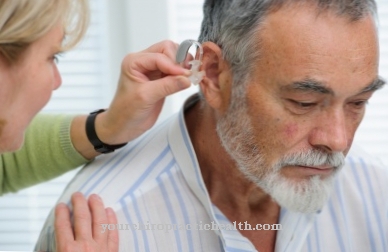The skin is the largest organ in the human body and should therefore play an important role in personal hygiene. At the latest at an advanced age it becomes clear to what extent it has been cared for and protected. As a very sensitive part of the human organism, it can not only be stressed, but also tend to be irritated again and again.
What is the skin care?

It is therefore important to regularly pay attention to the skin and to include it in the care. As part of personal hygiene referred to as the Skin care in the broadest sense the cleaning and protection of the skin from external influences. This also includes protection from the sun and UV radiation.
Maintaining skin health is a first step in improving overall wellbeing. In order to be able to care for them appropriately, it is not only important to deal with various care products and options, but also to adapt them to your own skin. Different skin types require different types of care. The human skin consists of several layers of skin, over which there is a thin layer of sebum and water. The natural acid mantle protects the skin from external influences. Its pH value is between 4 and 6. It is also responsible for the formation of bacteria that protect the skin.
The skin type is sometimes determined by the elasticity of the skin. If it does not get enough moisture, it becomes brittle, cracked and tends to flake. Dry skin is more prone to inflammation and can cause discomfort. If the skin is healthy, it naturally balances the skin's moisture. If this is not the case, however, external support is required to prevent or alleviate illnesses and complaints.
Function, effect & goals
The function of using skin care products is to compensate for deficits. The skin care evens out problems of the skin and helps to a better general condition. Skin complaints usually result from poor nutrition, insufficient fluid intake and environmental factors.
Dry heating air, strong summer heat or long periods of cold can have a major impact on and damage the skin. Long exposure to the sun, in particular, causes the skin to age faster. Sunburns and sun allergies can result. Hot air from the hairdryer is also harmful to the scalp and can cause itching and flaking, among other things. In industrialized countries, human skin is also exposed to a wide variety of toxins. In addition, there is tension and itching caused by stress.
Too many factors constitute risk factors for skin damage. Therefore, skin care is an important part of body protection. It helps the body to maintain its own protection, can donate moisture and degrease. There are numerous care products on the market that rebalance dry or greasy skin. But healthy skin is also exposed to harmful substances on a daily basis, which is why experts recommend supportive care. Creams, tinctures and lotions enrich the skin and help keep it healthy. But that's not all: Aging processes can be slowed down, for example by using appropriate preparations. In addition, there are care products in drugstores that fight cellulite and wrinkles. Face masks, peelings and daily care products combat impure skin or bring relaxation. The skin can also be stressed from everyday life.
Each area of the body requires its own type of care. There are other preparations for the scalp than for the mucous membranes and the genital area. With the large number of care products available, it is therefore always useful to consult experts and get advice. What is good for one skin type can trigger additional discomfort for others and make the problems worse. In addition, over-motivated people in particular tend to over-care for their skin, which can also be harmful.
In addition to ointments, lotions, creams, soaps and other care products, exercise, adequate sleep and a healthy diet also play a role. Often, blemished skin can be traced back to deficiency symptoms and excessive consumption of fast food or luxury foods. The human skin is extremely sensitive to fats and sugar. Doctors therefore recommend tea and water consumption rather than coffee and soft drinks. Stress reduction and consciously introduced rest phases can also have a positive effect on the skin.
particularities
The right level determines how effective skin care can be. Incorrect care or excessive use of care products can cause symptoms such as flaky or oily skin. This is particularly true in the scalp area. The wrong shampoos, daily hair washing and styling products do more harm than good to the scalp. Sharp soaps or shower gels have similar negative effects. Too frequent washing damages the protective acid mantle of the skin and attacks the skin's own bacteria. They play an important role for a healthy skin flora.
If the bacteria have been destroyed, harmful organisms penetrate the skin more quickly and trigger diseases such as eczema or psoriasis. Fungal infections are also not infrequently the cause of overused skin. It is therefore important to take a closer look at the care products. Basically, they should have a skin-neutral pH value so as not to attack the protective acid mantle. Washing too often irritates the skin, as does the wrong care products.
It is similar with ointments that are prescribed against skin diseases. You should always act in accordance with the package insert or a doctor's prescription in order not to unnecessarily irritate the skin. In addition, the protection factor should also be considered with sun protection products. For very fair-skinned skin types, for example, a low sun protection factor will offer little protection.


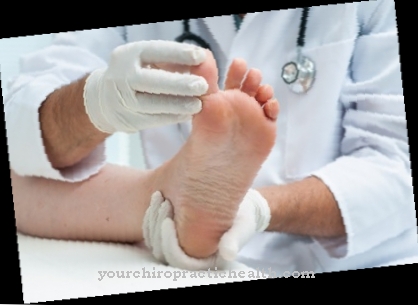
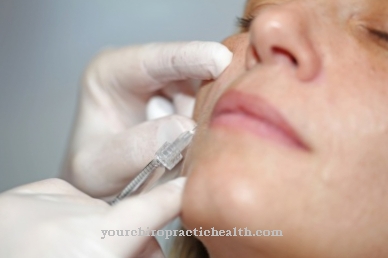


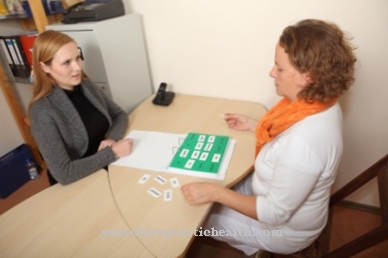

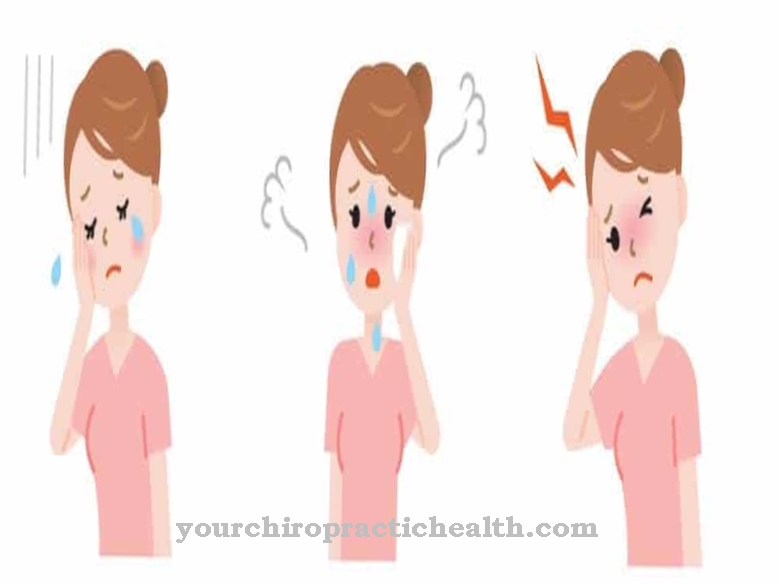



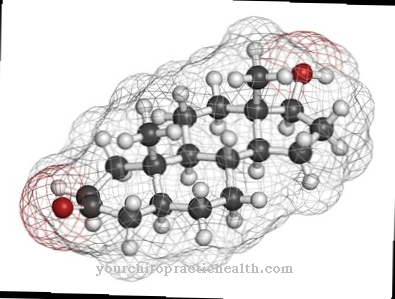


.jpg)
